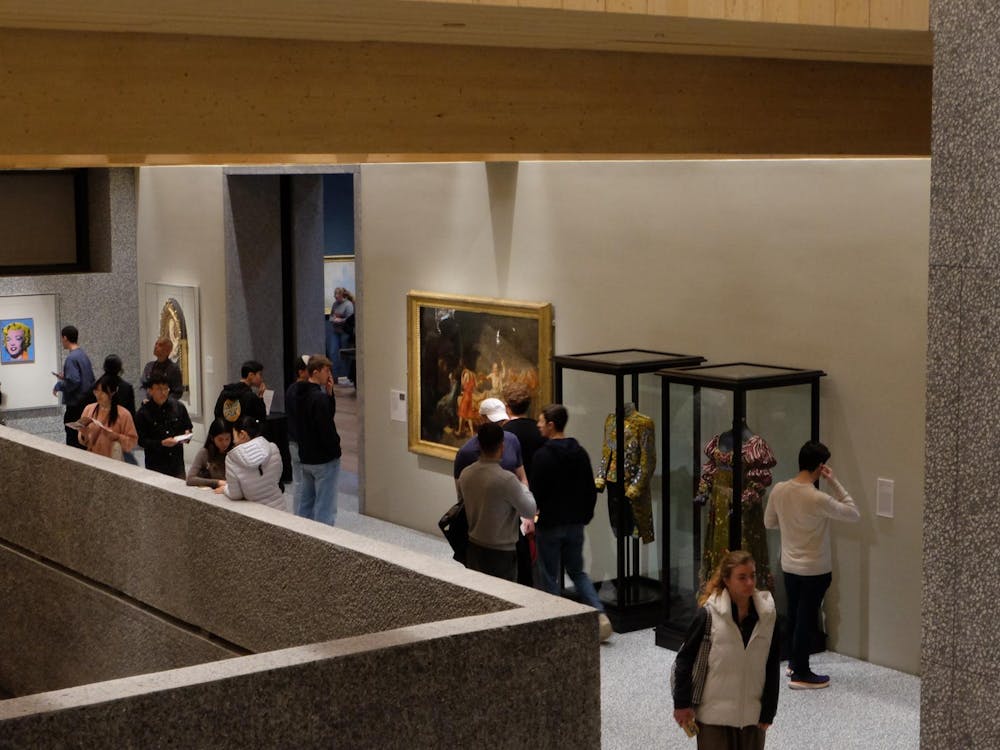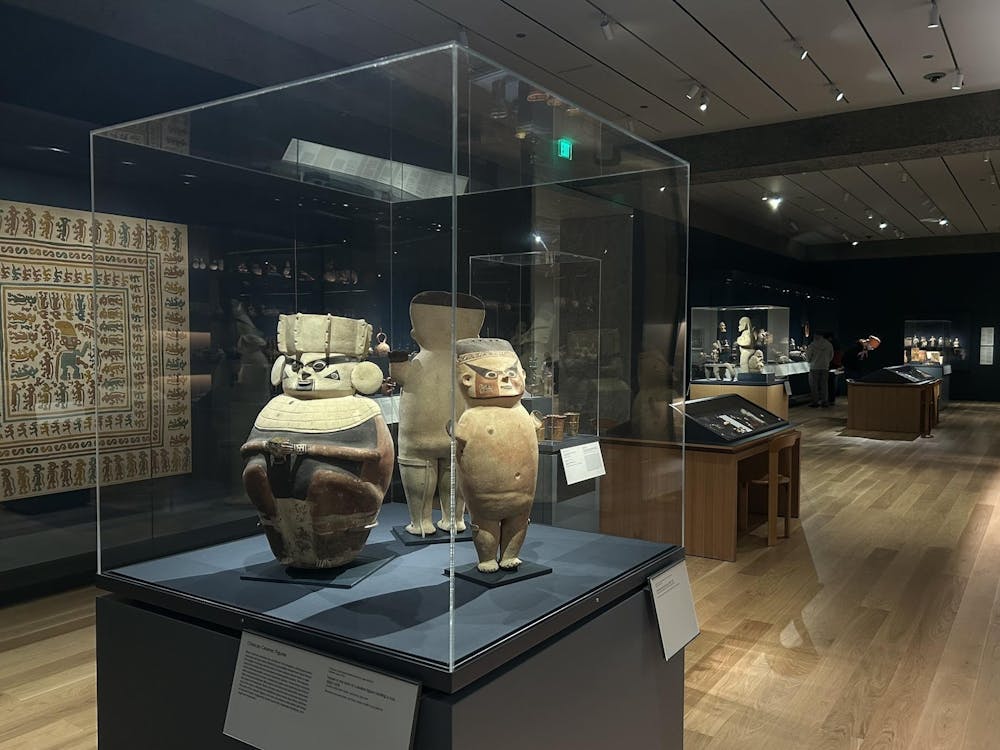University psychology professor Susan Fiske, Harvard European studies and sociology professor Michèle Lamont, and Cornell economics professor Ravi Kanbur met in a panel discussion on the afternoon of Nov. 14 to discuss inequality in the world and the impact of inequality on the recent presidential election.
Lamont was formerly in the University’s Sociology department.
Fiske, Lamont, and Kanbur focused the panel on the interplay of factors such as policy, ethnic boundaries, and emotions and their effects on inequality. Each of the professors also delivered their insights regarding Trump’s victory in the presidential election.
Kanbur opened the discussion by explaining that inequality has increased by every standard measure in every area of the world as a result of the driving forces of technological change and globalization.
“No matter how you measure it, inequality is rising in these countries, in the US, and in Western Europe,” Kanbur said. “Actually, inequality is also rising as it is dimensionally measured in the big Asian economies, in China, in India, in Bangladesh, and so on.”
The exception to this rule, Kanbur noted, was Latin America, where inequality has declined in recent years. Kanbur explained that the reason for this was implementation of policies such as conditional cash transfers that lessened inequality both in the short term and long term.
“The answer is straightforward: it is that policy matters,” he said.
Policies focused directly towards addressing inequality, increasing skilled labor, and closing the wage gap are why Latin American countries are experiencing decreasing levels of inequality.
Regarding voting patterns in the election, Kanbur spoke about how one can take advantage of the cleavages among different ethnic groups that come with rising income inequality and solidarity.
“I hope you can see that one can exploit the notion that the reason why ethnic group A is unemployed is because ethnic group B has a job, even though this is fully random allocation,” Kanbur added.
In explaining the effect of inequality on the election and vice versa, Lamont mentioned issues that she investigated through interviews for her past works.

“One of the main findings of the book is that they mostly talk about assault on their sense of self: being ignored, misunderstood, underestimated,” Lamont explained. “Most of the U.S.’s issues with racism have to do with discrimination: not having access to resources, to housing, immigration, jobs. What we find in our interviews, most of what they talk about is these experiences of assault on their sense of self; the fact of being not recognized as whole members.”
Fiske primarily explained inequality and the election in terms of emotions and respect. She claimed that emotions are the best indication of how people vote.
“This is a respect issue. I think the single biggest issue in the previous election we’ve had and the current political climate here is respect or disrespect, and as a psychologist, what I see is the emotions that carry a lot of people’s voting preferences are a reaction to disrespect,” Fiske explained. “So what we find when we analyze the best predictors of people’s votes is that emotions are the best predictors of people’s votes.”
Fiske offered her ideas on how the factors behind the American election can be examined and addressed in future national and world events.
“We have a responsibility to think harder about respect and disrespect up and down the hierarchy,” Fiske said.
. According to University professor Marc Fleurbaey, who moderated the panel discussion, the panel was part of a series of similar events by the International Panel of Social Progress to present their recently-published report on rethinking society.
The discussion, entitled “Up to the Minute Panel: Post-Election Impact on Inequality, Discrimination, and Well-Being,” took place the afternoon of Nov. 14 at 4:30 p.m. in Dodds Auditorium in Robertson Hall. The panel was co-sponsored by the Wilson School’s Office of Public Affairs and Communications and the University Center for Human Values.







